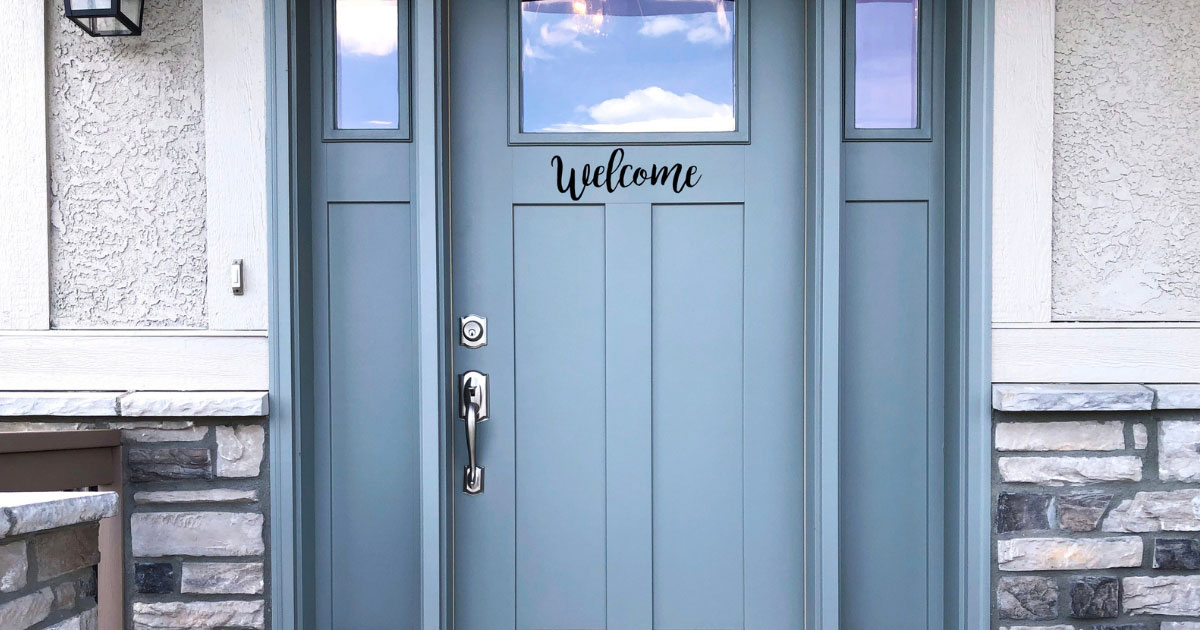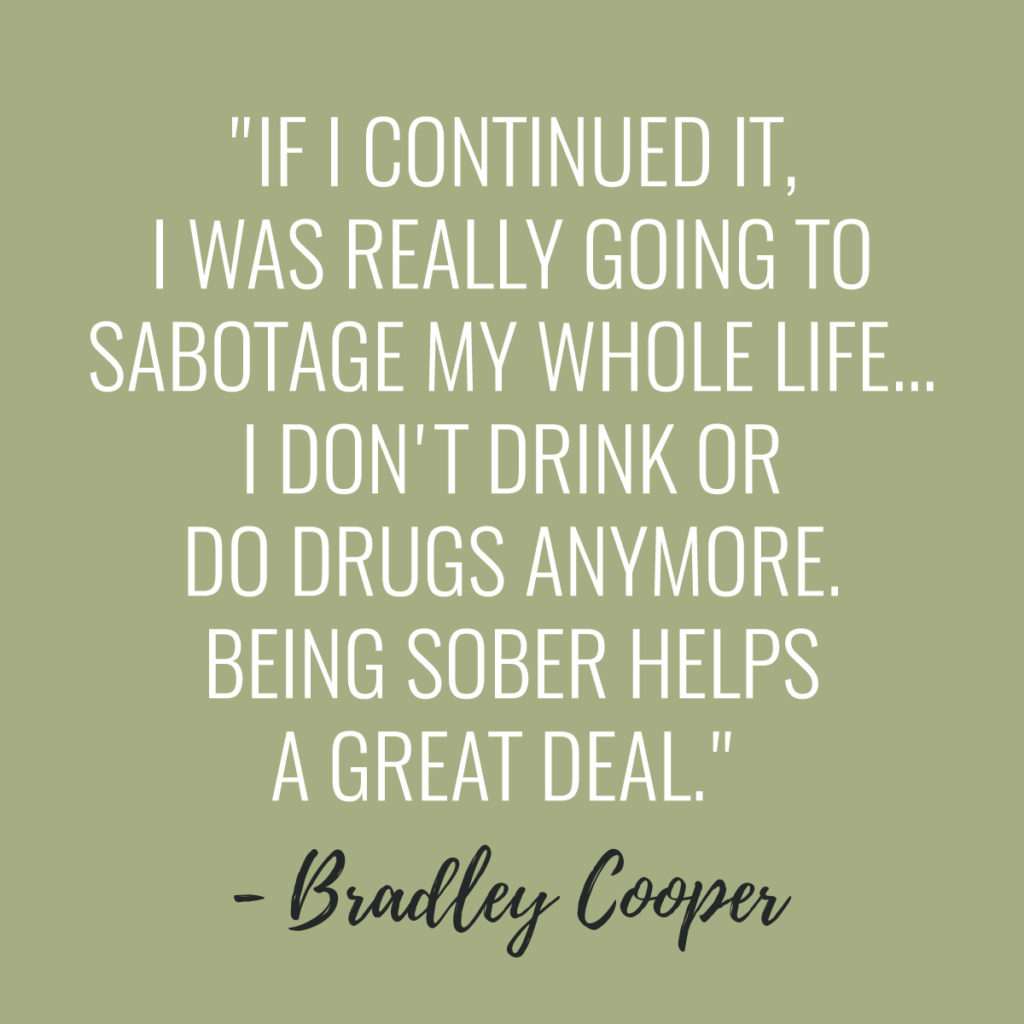People in recovery from substance use disorder (SUD) frequently develop the need to find alternative housing – and for a number of reasons. For example, some people who are homeless find themselves relying on alcohol or drugs to cope with their struggles and need a safe place to continue their recovery. Others find that their previous living situations are not conducive to recovery. For these people and many others, sober housing can be crucial for providing security, avoiding relapse, finding community, and developing healthier methods of managing stress.
While the importance of sober housing is more accepted than ever before, organizations that offer sober housing cannot do it alone. Many individuals who are looking to treat their SUD don’t have the financial means to do so, while others may not have the resources available to find sober housing. Still others may not have access to sober housing options in their local communities. However, all individuals completing treatment need a place to practice the principles of recovery and continue to care for themselves in a safe, secure place.
What Is Sober Housing?

While sober housing can take many forms, the most important component is that sober housing allows people with SUD a safe place to live while in early recovery. Sober living arrangements are developed specifically for those with SUD and are designed to be a safe and healthy environment free from many common triggers. Sober housing often employs staff trained to empower residents to make changes and improve their lives.
As residents address their SUD and other mental health issues, recovery housing can provide a supportive environment that makes navigating these challenges easier. In this way, sober housing arrangements can prove to be a cost-effective and reliable resource for maintaining recovery, especially when compared to ongoing residential treatment. In addition, another advantage sober living environments have is that they serve as a valid transition from treatment to the individual’s intended living situation – instead of a cold or institutional setting, sober housing tends to look like private residences in order to maintain the feeling of “home.”
How Does Sober Housing Work?

While sober housing options are not uniform, sober housing generally uses a tiered system to determine what types of resources patients need. Some people with SUD need more support and treatment options than others, and these homes may have these options organized over a few various levels. Depending on the level, different rules may be in place.
For those who intend to live in a sober home while recovering from SUD, there are certain ground rules that must be followed and mandatory activities that must be completed each day.
These rules often include things like:
- All residents must pay rent on time.
- Residents must attend individual and group therapy
- Residents may not have intoxicating substances in any capacity. (Some homes will allow prescription medications.)
- Residents must attend house meetings.
- Residents must contribute to the running of the household, including cleaning, laundry, maintenance, and other duties.
Most sober houses are overseen by people who are in recovery themselves and are occupied entirely by people who have had their own struggles with substance use disorder. That way, nobody needs to fear social isolation on the recovery journey; sober housing arrangements enable people to support one another while walking the path toward recovery.
The Housing First Model
A unique approach to sober housing, known as Housing First, relies on finding permanent housing for people with SUD before seeking treatment. In this model, there are no prerequisites for becoming sober. This model allows people to make progress on their mental health disorders and SUD both before and during treatment.
The main idea behind this model is that people who have stable housing are more willing to accept treatment and more able to make significant progress. Housing First believes in reducing harm rather than preaching abstinence only. Programs in this model also vary, and staff at these homes will monitor residents daily and as needed.
Why Is Sober Housing So Important?

When people have personal struggles they feel are too difficult to manage on their own, they may turn to substance use in an effort to address them in another way. However, substance use only aggravates the problem and makes the daily routine more challenging. Some people experience difficulty maintaining the employment and personal relationships necessary to manage housing on their own. While treatment can help them cease substance use, it is often difficult for people to maintain the resources necessary to return home.
In addition, many individuals complete treatment only to be thrust into the same environment as they occupied before. They may have been surrounded by other people who used substances or other reminders of substance use. Returning to that environment is, unfortunately, conducive to relapse.
Other people may not be welcome in the home they occupied before recovery or may be unable to continue to afford living there. Unfortunately, becoming homeless can lead to continued substance use disorder issues. Roughly 35% of homeless individuals have a substance use disorder. While we recommend dialing 211 or contacting the National Alliance to End Homelessness for those experiencing homelessness during recovery, proper funding for sober housing can help prevent homelessness for many of these individuals.
Sober Housing Arrangements Work

When given the support and care they need to continue to give attention to the principles of recovery, people can go on to live healthy, fulfilling lives. Sober housing is essential in helping people maintain an environment conducive to creating a meaningful future. Taking the first step in seeking help can be daunting for many, and the prospect of returning to or staying in an unsafe or triggering environment can actually derail recovery. If someone truly does want help, it’s crucial to find an environment that contributes to recovery rather than taking away from it.
Research shows that sober housing programs can improve the overall well-being of residents with SUD. People who lived in sober housing arrangements maintained recovery longer than those who did not. While this is promising, there is a shortage of affordable sober housing in the nation. For every 100 low-income households, there are only about 29 available housing options available.
This is a key indicator that policy must be adapted to make housing more affordable for those with SUD. In other words, while statistics show promise, more work must be done. This is where the efforts championed by the ECHO Foundation’s Sober Housing Initiative come in.
How Much Does Sober Housing Cost?

Sober housing rates can vary widely depending on a variety of factors. While there is no unified cost structure for sober housing, there are some ways to assess the cost.
Factors may include:
- Average rent in the local area
- Mortgage cost
- State funding and allowances
- Sober housing programming considerations
For example, we’ve heard reports of cheap sober housing costs at about $400 a month, but there’s no guarantee the cost will be this low. In fact, the average sober housing rate significantly exceeds this amount in most states. For more comfortably furnished homes that include other activities and services, sober housing rent can exceed $10,000 per month and can fluctuate depending on how many people reside in the home to contribute.
Why Do Those in Sober Housing Need Monetary Support?

Affordable housing is an issue for individuals in many groups, but it is especially difficult to find affordable housing that supports sobriety. For all the reasons listed above, people with SUD depend on sober housing to maintain recovery before, during, or after SUD treatment. So, what barriers are in place that are preventing people from accessing sober housing?
People Can’t Afford It Alone
While housing programs for people with SUD have been shown to be effective, free programs are rare. Many people in recovery are experiencing financial issues, job loss, legal troubles, lack of transportation, and more, which can cause difficulty paying for sober housing. By donating to a sober housing initiative, you can help ensure that people in recovery have the housing support they need to continue practicing the principles of recovery.
Government Programs May Not Pay
While there are federal and state healthcare programs in place, they often don’t cover many recovery necessities. Medicaid and Medicare, for example, won’t always cover the costs of sober housing.
There are certain conditions people must meet to qualify, including:
- Age restrictions
- Income restrictions
- Restrictions from the state of residence
The same can be said for other social services, depending on the situation. In Maryland, where our headquarters are located, the Department of Housing and Community Development has enacted programs that assist low-income families and offer foreclosure protection. However, residents must meet specific requirements to qualify.
Policy Changes Are Necessary
While there is research that shows the efficacy of sober housing programs, policymakers haven’t made adjustments. Unfortunately, addressing housing issues takes time and careful planning, and there are currently thousands of people in need of sober housing as a recovery tool. We can’t wait for others to act; donations are the best way to ensure people can access affordable sober housing.

How Can I Help Those in Sober Housing Programs?
If you’re ready to help people with SUD make the recovery journey more sustainable, it’s important to consider the following steps.
Be Patient and Supportive
People who have made the decision to seek help with SUD have made one of the most difficult and influential decisions in their lives. It can be a stressful time for them, and they may be anxious regarding what will happen in the future. If you know someone who is in need of a sober housing program, listen to their concerns and be patient. Offer your patience and emotional support; even listening to someone share their story can make a significant difference in their life.
Volunteer
Some sober housing programs may offer volunteer opportunities, but this isn’t guaranteed. Volunteering can help you make connections, especially if you’re in recovery yourself, which will also allow you to spread the word about the impact of sober housing. Whether you’re participating in a community event or simply contributing to a household item drive, you can make an impact on the lives of those in recovery.
Support the Recovery Process
If you have a loved one looking for a sober housing arrangement, it’s highly advised you participate in the recovery process as much as they wish. Recovery is a lifelong process, and your support is valuable as they complete treatment and re-enter the world. If you’re engaged with moving forward from SUD, you’ll be prepared to help when they feel overwhelmed.
Make a Financial Donation
Making a financial donation to a sober housing initiative like the ECHO Foundation Sober Housing Initiative is the simplest, most effective way to help people afford safe, sober housing. Your contributions can help provide sober housing scholarships for people with SUD, as well as programming like art therapy and more. Relieving this financial stress can not only ensure safe housing for others but remove a major factor that can contribute to relapse.
Donate to Our Sober Housing Initiative Today

ECHO Recovery created the ECHO Foundation Sober Housing Initiative, which is a program meant to offer financial assistance to those in recovery. We are not a sober housing facility, nor do we offer case management, but we offer assistance to those who need help finding and funding safe, sober housing.
Our mission is to help keep people on the path toward recovery, and we need your help to do it. Consider donating to our initiative today. Housing needs for people with substance use disorder must be met to prevent relapse and ensure proper care. Your donations can help support those who need sober housing to meet these needs. Thank you for your support.
Resources :
- https://www.samhsa.gov/sites/default/files/programs_campaigns/homelessness_programs_resources/hrc-factsheet-current-statistics-prevalence-characteristics-homelessness.pdf
- https://www.usich.gov/news/successfully-connecting-people-affected-by-opioid-use-to-housing-central-city-concern-in-portland-oregon/
- https://www.samhsa.gov/homelessness-programs-resources/hpr-resources/recovery-homes-help-people
- https://www.cbpp.org/research/housing/meeting-the-housing-needs-of-people-with-substance-use-disorders
- https://dhcd.maryland.gov/Residents/Pages/HousingChoice/default.aspx

Experienced Chief Executive Addiction Recovery and Mental Health Professional
Business professional in the Addiction Recovery and Mental Health industry for the past 26 years. Caring, compassionate and strongly motivated to make a difference in the organizations I am affiliated with and welfare of the population we serve. Currently focused on advocating, educating and developing projects leveraging evidence based, real time technology to support individuals in recovery.








